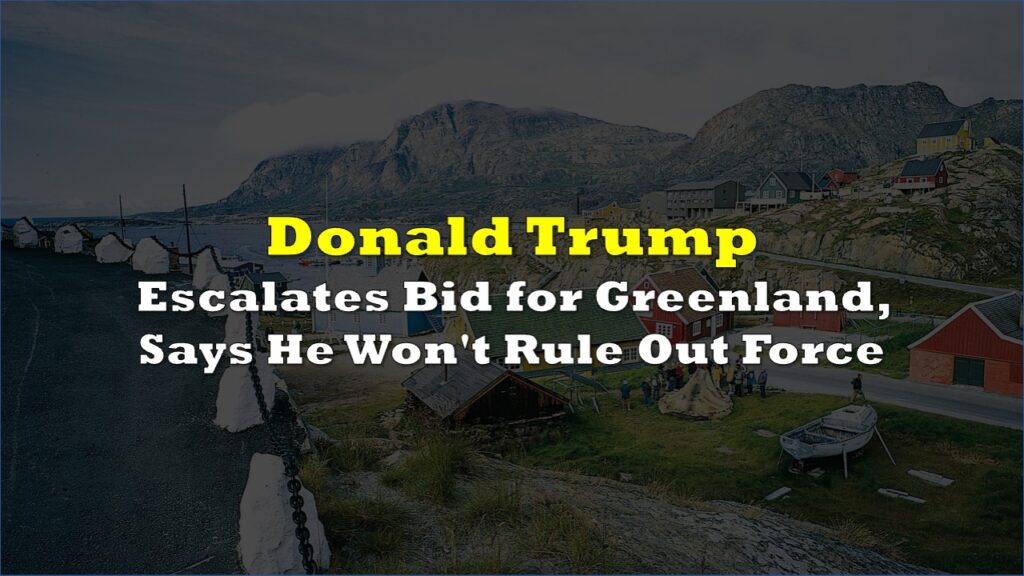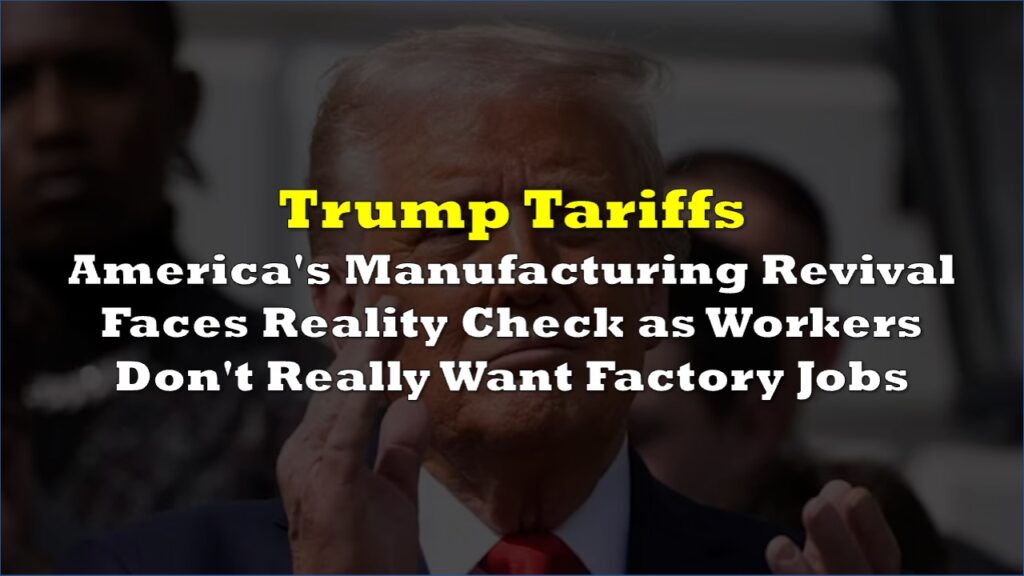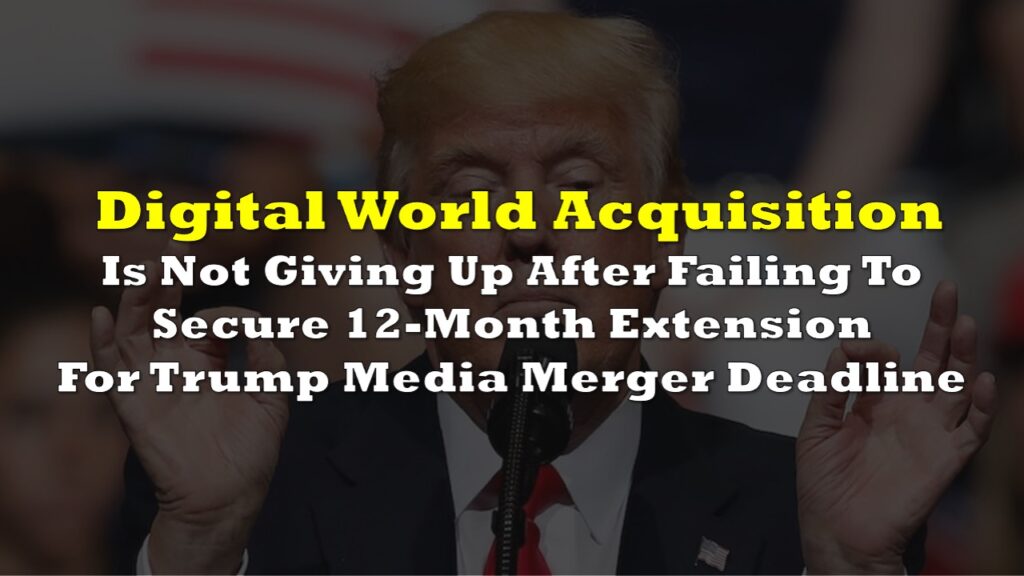As the clock ticks down to his inauguration, U.S. President-elect Donald Trump has issued a stark ultimatum to the European Union: ramp up purchases of U.S. oil and gas or face sweeping tariffs. The statement, posted on Truth Social, highlights Trump’s renewed focus on reducing trade imbalances and leveraging America’s dominance in energy production to achieve geopolitical and economic aims.
“I told the European Union that they must make up their tremendous deficit with the United States by the large-scale purchase of our oil and gas,” Trump declared in his post. “Otherwise, it is TARIFFS all the way!!!”
The warning underscores Trump’s ongoing commitment to imposing tariffs on countries he views as unfairly benefiting from trade with the United States. During his campaign, Trump frequently criticized the EU for its trade surplus, characterizing it as an imbalance that harms American industries and workers.
The European Union has already emerged as the largest consumer of U.S. oil and gas, driven by the bloc’s shift away from Russian energy following the 2022 invasion of Ukraine. According to U.S. government data, Europe now accounts for over half of U.S. crude exports—more than 2 million barrels per day—and 66% of U.S. liquefied natural gas shipments.
Countries such as the Netherlands, Spain, France, Germany, Italy, Denmark, and Sweden are key importers of American crude oil, while LNG shipments are predominantly destined for the UK, France, Spain, and Germany. Despite this high level of trade, Trump’s comments suggest he expects further increases in energy imports as part of his strategy to reduce the U.S.-EU trade deficit.
Trump’s proposal to use energy trade to balance the deficit comes with complications. Most European energy companies operate as private entities, making purchase decisions based on market prices, logistical efficiencies, and profit margins. Governments typically intervene only through sanctions or tariffs.
Additionally, U.S. energy production is running near capacity. Crude oil output stands at over 20 million barrels per day, approximately one-fifth of global demand, while LNG exports average 12 billion cubic feet per day. Unless production increases or shipments are redirected from Asia, the U.S. has limited capacity to meet further European demand.
The U.S.-EU trade imbalance has been a longstanding point of contention. In October 2024, the EU reported an overall trade surplus of €3.9 billion, with a €20.3 billion surplus in trade with the United States alone—up from €16.8 billion in October 2023. Much of this surplus stems from high-value exports, including German-made cars, machinery, and chemicals.
For Trump, the issue is not purely economic but also strategic. By tying trade policy to energy, he aims to capitalize on the U.S.’s position as the world’s largest oil and gas producer. The strategy also aligns with his broader objective of strengthening domestic energy industries while countering perceived economic advantages held by major U.S. trading partners, including China, Canada, and Mexico.
The European Commission, the EU’s executive arm, has not yet responded to Trump’s remarks. However, any escalation in tariffs could disrupt transatlantic relations, particularly as Europe continues to grapple with economic pressures stemming from the war in Ukraine, inflation, and energy supply constraints.
Energy analysts caution that such a policy shift could backfire, straining the already tight global energy market and alienating European allies.
Information for this briefing was found via BOE Report and the sources mentioned. The author has no securities or affiliations related to this organization. Not a recommendation to buy or sell. Always do additional research and consult a professional before purchasing a security. The author holds no licenses.









